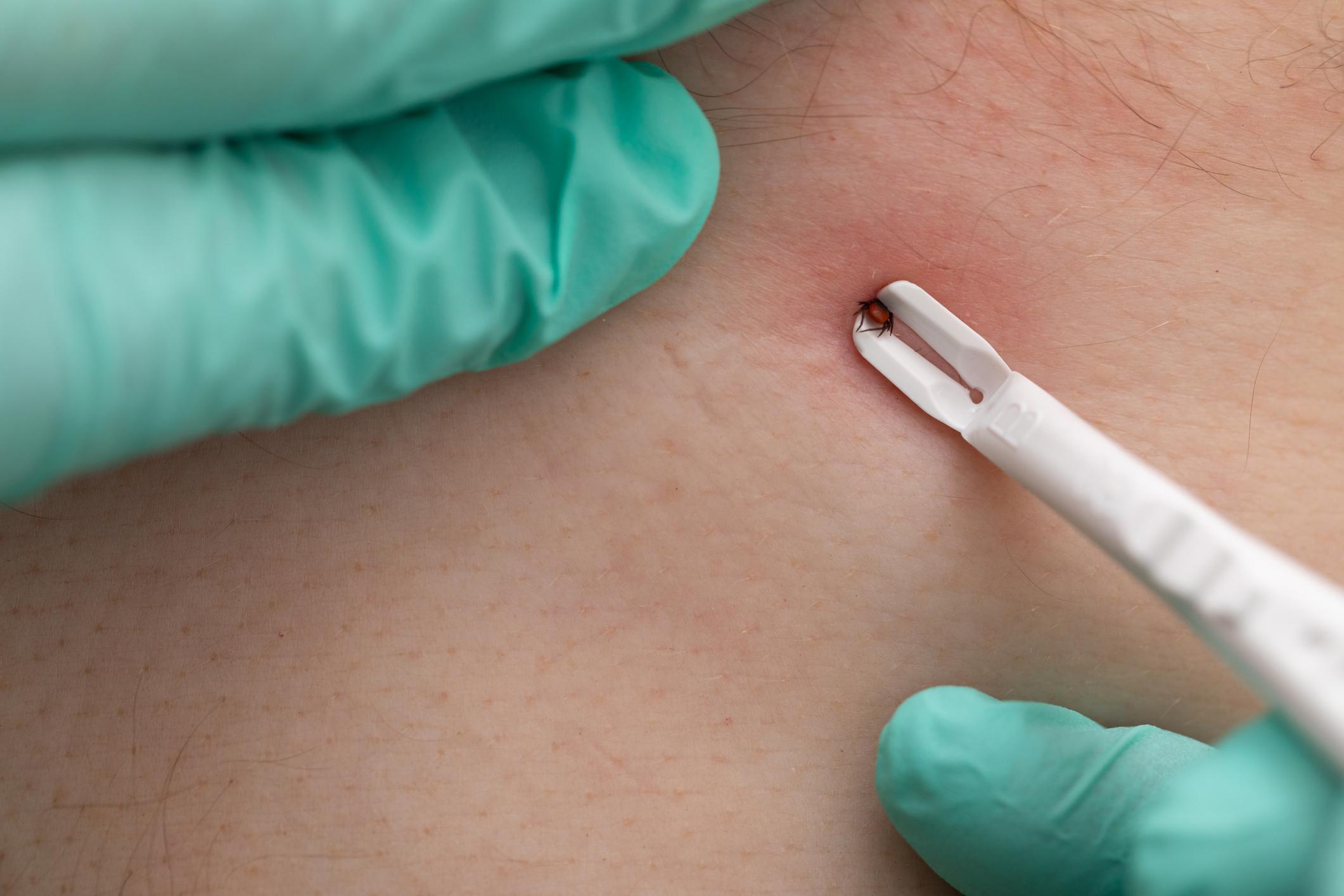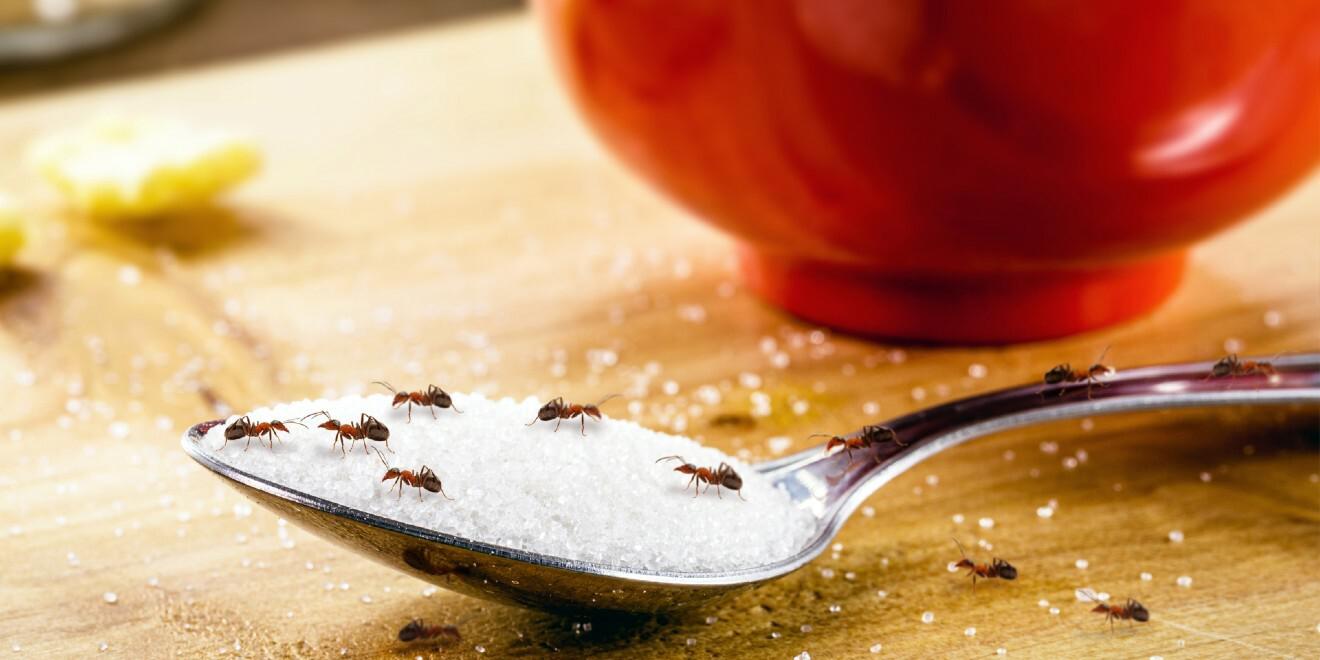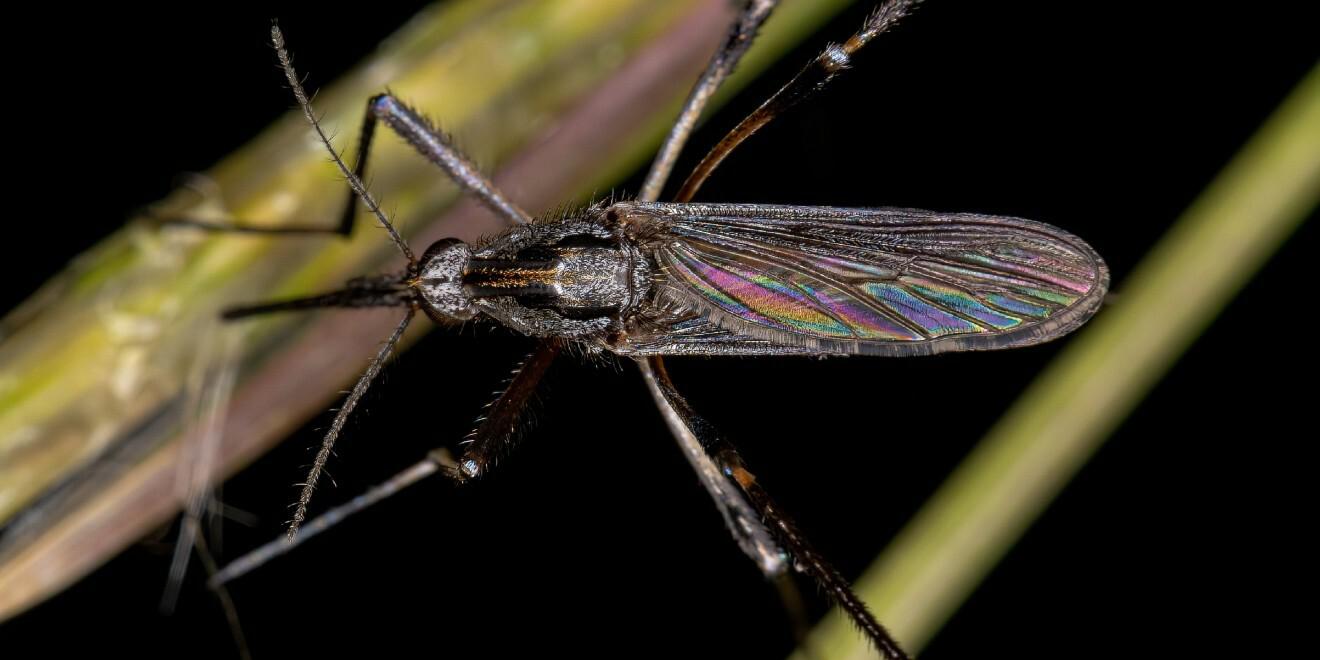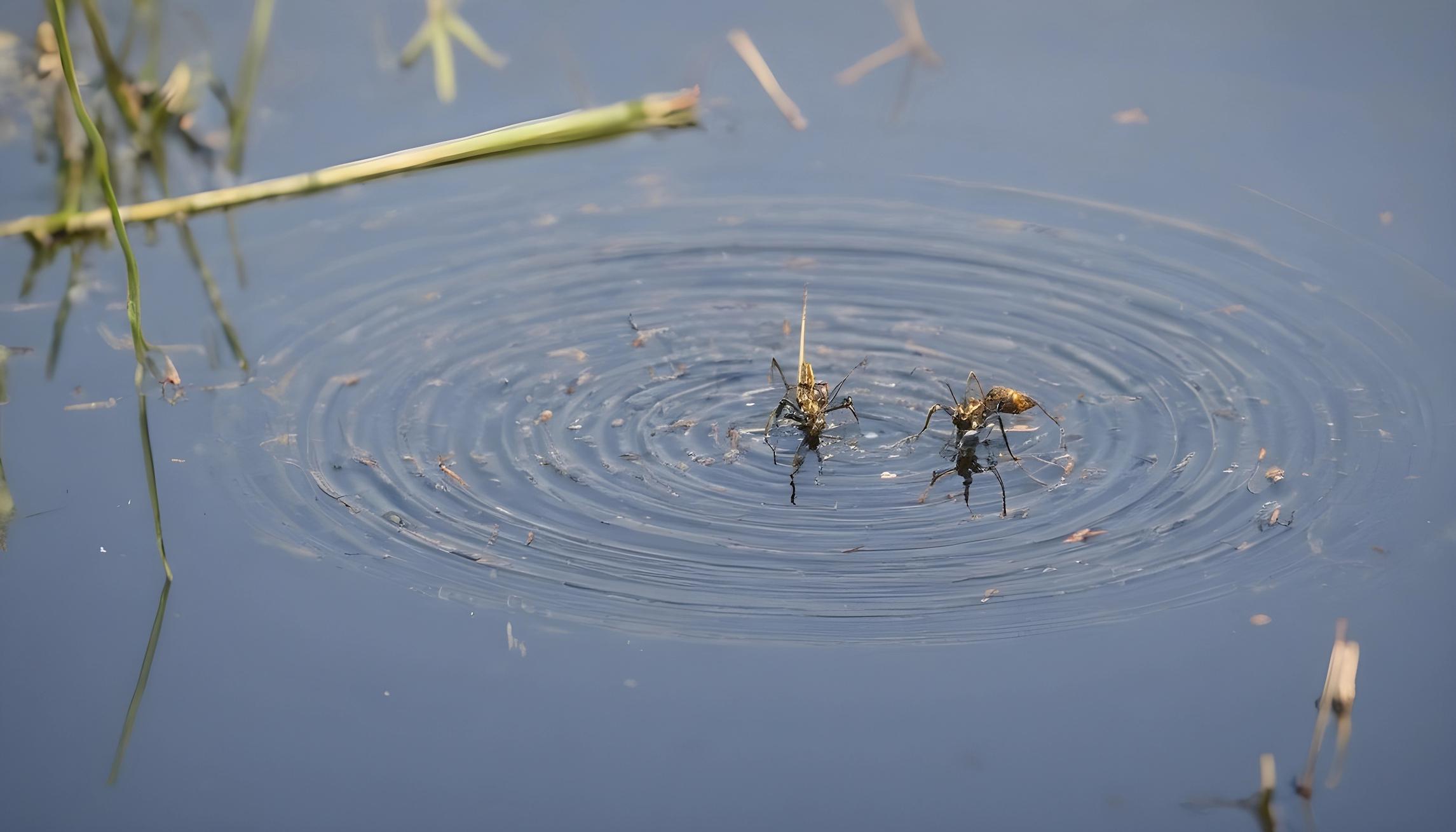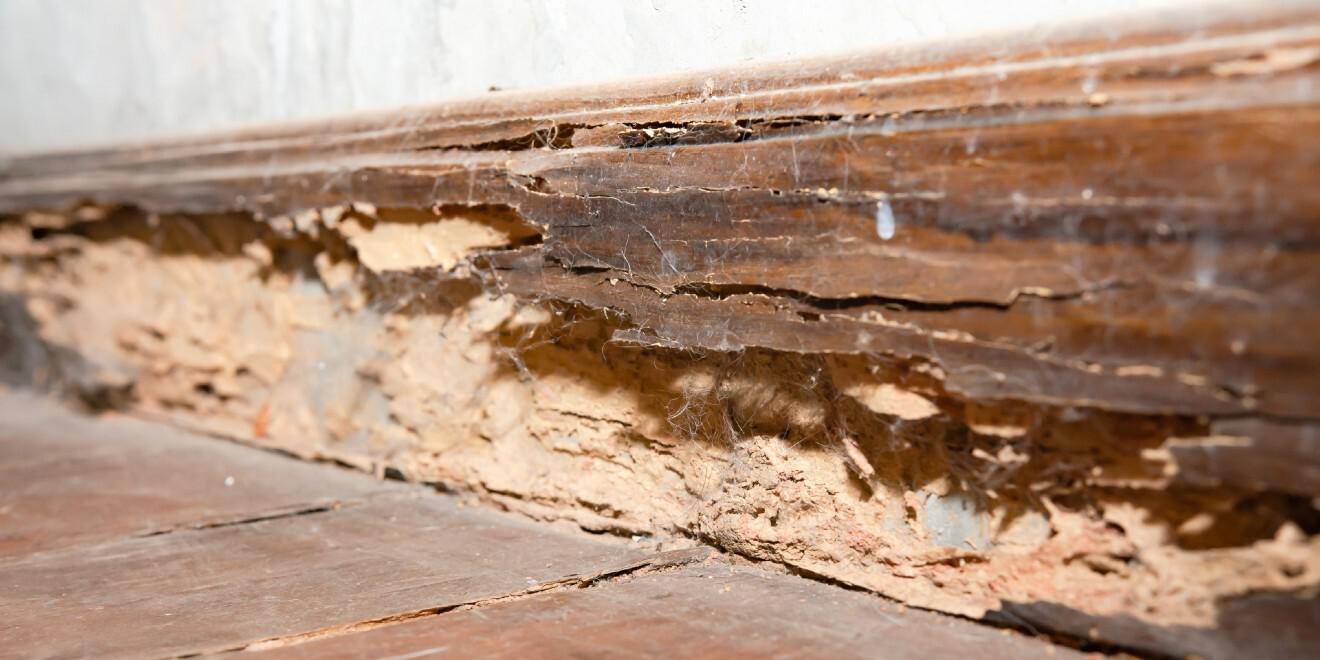A Mosquito is a Mosquito is a Mosquito
Posted by Mosquito Squad
December 20, 2023

 Right? Well, not really. While it’s true that all mosquito bites hurt, make us miserable, and have the potential of spreading diseases, mosquitoes themselves are actually quite different from one another if we look at them closely. Here in Southern New Hampshire, our environment actually contains 47 different species of mosquitoes, each with unique characteristics. But out of these 47, only a few are responsible for the spreading West Nile virus and Eastern Equine Encephalitis (EEE). The two biggest culprits are the Asian Tiger Mosquito (Aedes albopictus) and the Cattail Mosquito (Coquillettidia perturbans).
Right? Well, not really. While it’s true that all mosquito bites hurt, make us miserable, and have the potential of spreading diseases, mosquitoes themselves are actually quite different from one another if we look at them closely. Here in Southern New Hampshire, our environment actually contains 47 different species of mosquitoes, each with unique characteristics. But out of these 47, only a few are responsible for the spreading West Nile virus and Eastern Equine Encephalitis (EEE). The two biggest culprits are the Asian Tiger Mosquito (Aedes albopictus) and the Cattail Mosquito (Coquillettidia perturbans).
The Asian Tiger mosquito is a relatively recent arrival in the United States. Originally a native of tropical climates, it came to our shores in used tires that were imported from the tropics. These mosquitoes are particularly troublesome because they carry West Nile virus and, unlike many others, are active during daylight hours. Asian Tiger mosquitoes are easily identified by black and white stripes in their legs and abdomen.
While all mosquitoes love water, the Cattail mosquito is especially fond of it. In their larval form, these mosquitoes attach themselves to the roots of water plants. They are able to breath underwater, making them impossible to eliminate with larvicides (since larvicides drown mosquito eggs). These mosquitoes are prone to transmitting EEE and can travel up to a mile at a time. They are brown or tan with darker brown stripes on their legs and abdomen.
No matter what mosquitoes are most prevalent on your property, they all have the following in common:
- They need water to breed
- Only the female can bite
- Their wings beat 300 to 600 times per second
- They can fly about 1 to 1.5 miles per hour
- They can smell humans from 60 feet away
And no matter the mosquito species, Mosquito Squad of Southern New Hampshire can help you control them. We use a variety of methods to ensure that we eliminate mosquitoes no matter where they are in their lifecycle. This ensures that we are not only protecting you and your family, but we are also decreasing the mosquito population at large, which is extremely important with the arrival of spring and summer. So don’t wait until you get bitten. Be proactive. Give us a call today or come visit us at the NH State Home Show, booth #1202, this weekend at the Radisson Center of Central New Hampshire to talk to us about protecting your family this season. • (603) 538-3125 •











